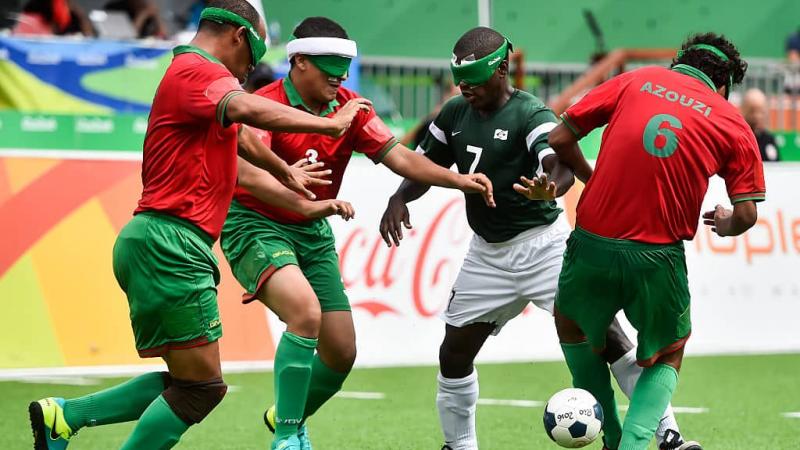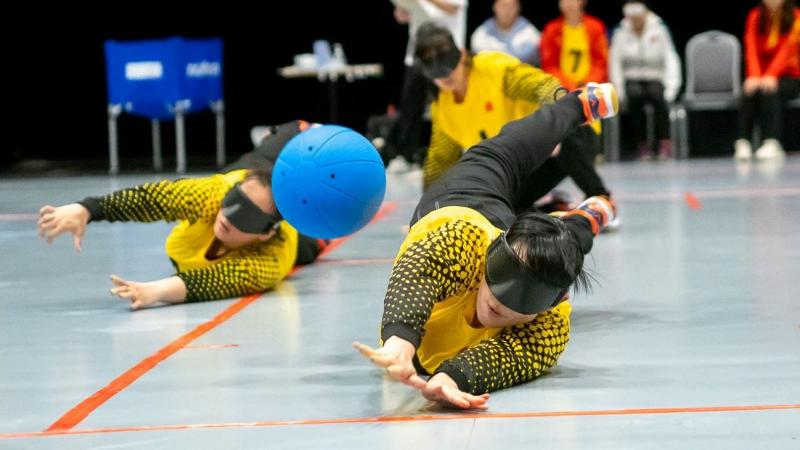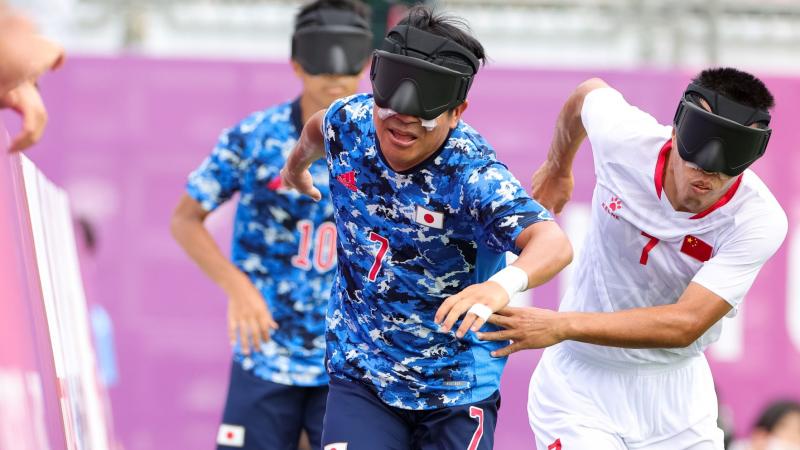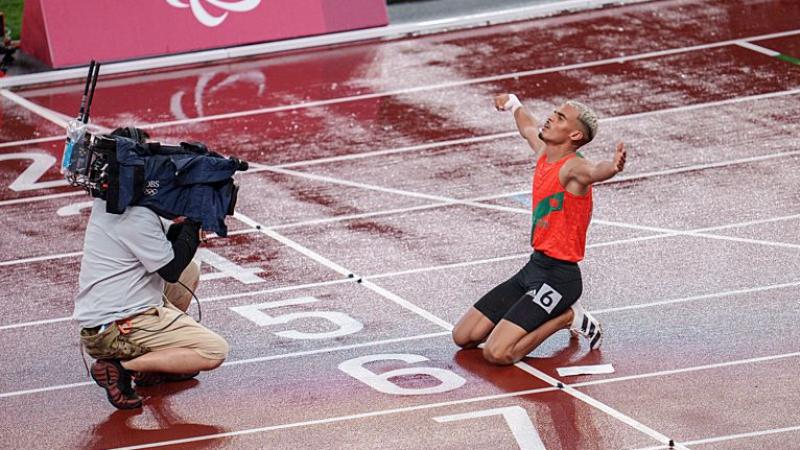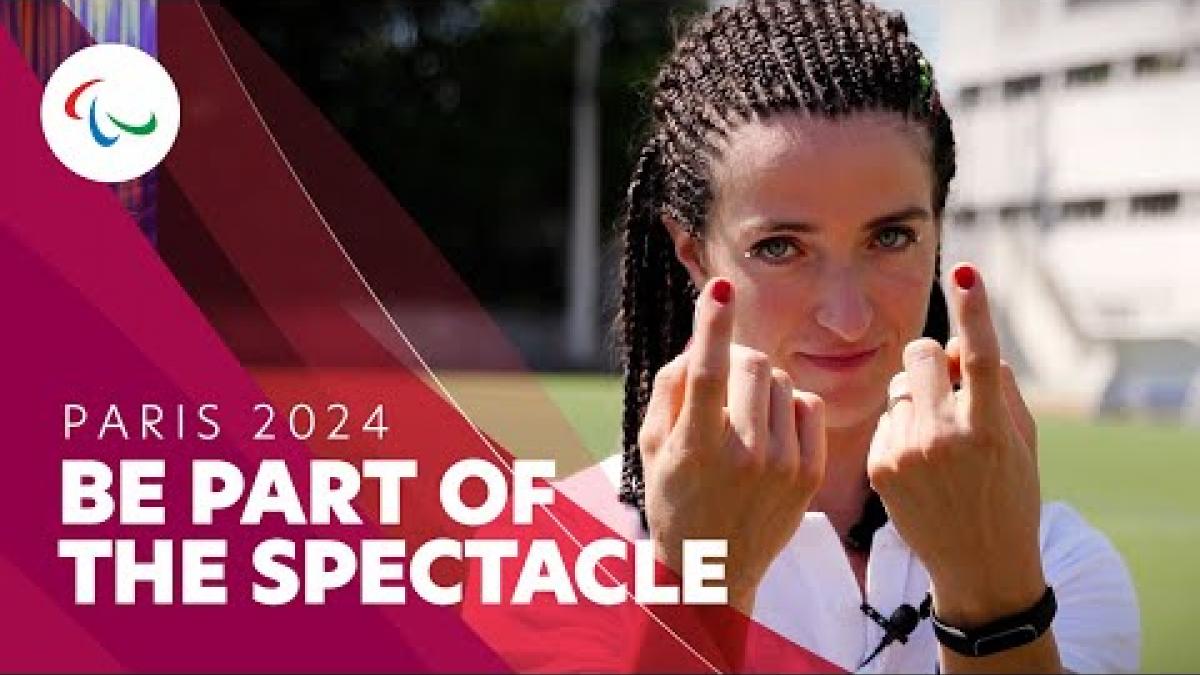Paris 2024: Zouhair Snisla’s meteoric rise in blind football
The breakout star of the Moroccan blind football team talks training, Tokyo 2020 and his plans for Paris as we count down to the next Paralympic Games. 15 Mar 2024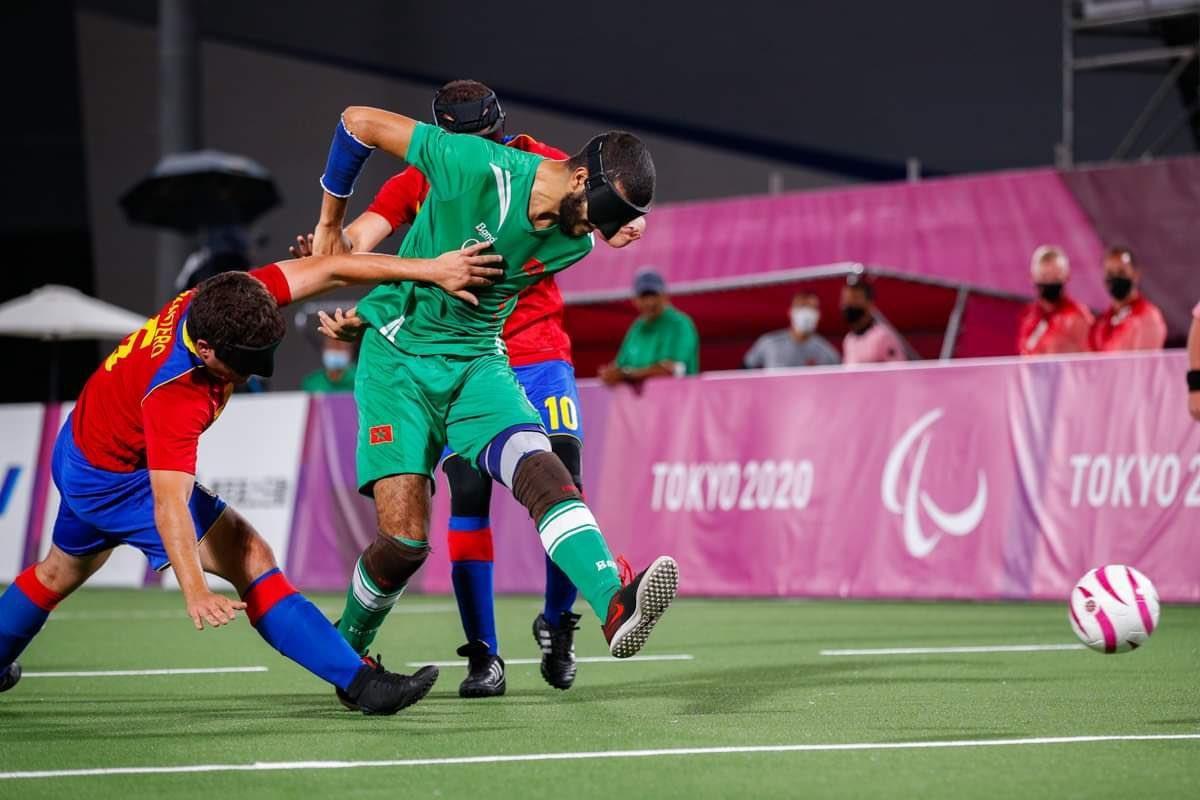
From 17-year-old Paralympic debutant at Rio 2016 to eight-goal superstar and bronze medallist at Tokyo 2020, Moroccan blind footballer Zouhair Snisla has enjoyed a truly meteoric rise in the sport. And it’s not over yet, with Paris 2024 just a few months away. We caught up with the Moroccan star to look back at his astonishing journey.
How are the Morocco team’s preparations going ahead of the Paris 2024 Paralympic Games?
In training, we play a match a week. We only play one friendly tournament a year – sometimes none – on top of the official tournaments. Morocco has a disadvantage compared to some other teams because of this. Tournaments give us a chance to prepare some thoughts and other things that we miss. In competitive matches, we can see where we failed and try to understand where we can enhance our game.
What kind of physical training do you do?
The training goes as follows: we take a morning session which is maybe on the beach; training on the sand enables us to be well physically prepared. And the evening session is about the technical side. Sometimes we go to the forest to have more oxygen, because near to the beach with high humidity that isn’t always possible.
How much confidence has claiming bronze in Tokyo given you ahead of Paris 2024?
We are confident of winning another medal. Our first goal is to have first place because as you’ve seen in Tokyo, we have played well but not been lucky enough to earn first place. We can beat the likes of Brazil, because when we have played against them, we’ve made it difficult [Morocco lost 1-0 in the Tokyo 2020 semi-final]. They see us as their most difficult opponent and we enjoy playing against them.
How much has your life changed since Tokyo? Do you get recognised walking down the street?
That was a real point of change after Tokyo. Before, I was not known, but I got famous, being followed by the media.
Wherever I go, I get recognised – the subway, the coffee shop, in the street – people interrupt me to take a picture. They say, ‘you made us proud of our nation’. I feel proud of that, but it becomes too much sometimes.
What were your hopes ahead of Tokyo 2020?
We believed in ourselves but the goal was not fixed on what we should achieve – we prepared for the Olympics generally. We focused on one match at a time, step by step, when we qualified for the semi-finals, we were astonished by what happened. Then we thought about what had never been achieved before: a medal.
What would you have said if I’d told you beforehand that you’d score eight goals?
That you were crazy, because this was an exception. It’s not that I don’t believe in my ability, but I had an injury to my hamstring, and I was obliged to rest before Tokyo. When I got injured, I thought I would never play in the tournament. But when it came to the tournament, I forgot about the injury because my friend, who is even better than me at attacking, was also injured and his injury was more dangerous than mine and he was advised by the doctor not to play.
Which was your favourite goal and why?
There are two. The one against Argentina, because it was the first goal of the competition, and the goal against Spain, because it helped us qualify for the semi-finals. The goal against China where I dribbled round the whole team… I’ve scored that kind of goal before. It’s about the effect of the goals on myself and my team, not about the quality.
To reach that level, to be among the top three teams – I couldn’t accept it. I thought to myself, ‘am I dreaming or did this really happen?’ Later, I accepted that this is the reality. Especially when I’ve been informed by my teammates that the news in Morocco has been crazy.
Let’s go back to the beginning. Tell us about how you got into blind football?
I am originally from Sidi Bennour [between Casablanca and Marrakesh] and I was a sighted person at first. At 10 years old I had an accident from which I lost my sight, then I joined the blind world. I joined a school for blind people to carry on my studies, where I discovered blind football and followed it step by step. I liked it when I’d seen people playing it, and I was a fan of football before.
Tell us about your journey from starting to play blind football to getting selected for the Morocco team and playing at the Rio 2016 Paralympics…
That’s a crazy journey, a tall tale to tell you. I played for the school team for about five years and one of the schoolteachers had a contact with the Moroccan national team, and they scouted me.
What was it like to play at the Paralympics at just 17?
I was 17 years old and it was my first official competition with the national team, and my first game was against [Paralympic champions] Brazil! I’d just played friendlies before that.
I was really amused, astonished when I found myself starting the first game in the Paralympic Games, not believing what was happening – it happened too quickly for me to feel nervous.
Describe your emotions when you scored your first Paralympic goal – the equaliser against Turkey.
That was amazing, something I will never forget. Really unimaginable – to score the first goal of my career at the Paralympics. The tournament made me feel competitive and try my best to enhance my level.
What was the impact of Rio 2016 on blind football in Morocco?
It was really fascinating, as we had only participated in continental competitions before that. Rio was a point of change – we had a basis on which to work, to enhance our condition and abilities to reach the top. At first, the numbers were not enough – between 10 and 11 players available to the national team. After that, it was widened to a lot of players and a national championship was organised yearly.
And how did things change for you personally?
The difficulty I faced was balancing my studies with football. There were some occasions where competitions and my studies clashed. I tried my best to do both, but I focused on sport better and that affected my studies. For the moment, I’m not seeking employment, just to carry on my studies. I got my BA in English Literature recently and I’m seeking to get a higher degree because in Morocco you need that to reach the job you want.
Do you like the pressure of being the big star now?
No. Never. When a person is never known, you can just work freely. The comments will be upon us, whether we win or not. There are some people who are used to living under pressure and can still live freely. But for me and my teammates, the pressure is bad, because we’ve never experienced it.
At least you will know what to expect for Paris…
Paris for us, it’s not a goal we should reach for the audience. We’re thinking only about ourselves. The Paralympic Games is only every four years, so we should never lose [sight of that].
Book your tickets for the Paralympic Games by visiting the Paris 2024 ticketing website.
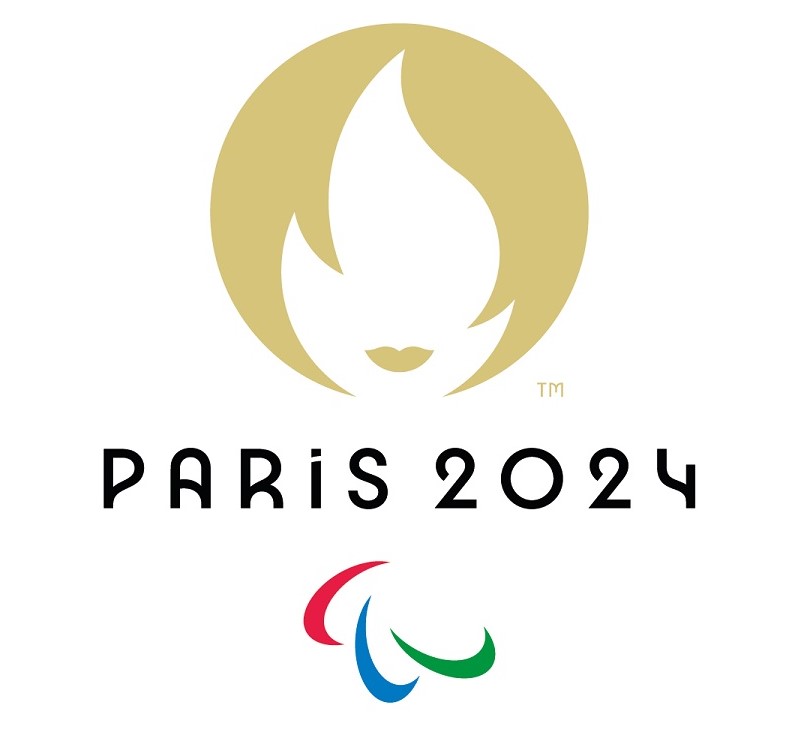
 Facebook
Facebook
 Instagram
Instagram
 Twitter
Twitter
 Youtube
Youtube
 TikTok
TikTok
 Newsletter Subscribe
Newsletter Subscribe






